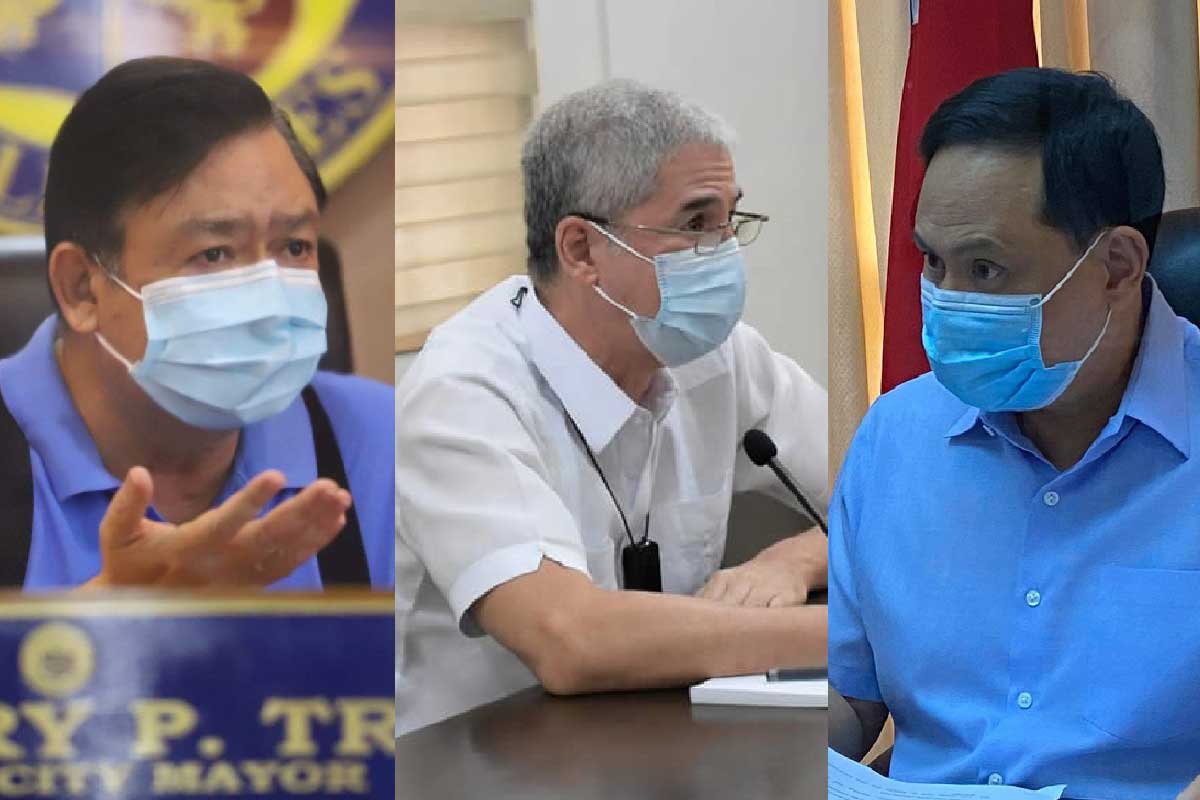
By Joseph B.A. Marzan
The city and province of Iloilo ultimately decided against closing its borders to Negros Occidental amid the growing number of coronavirus disease 2019 (COVID-19) cases there.
Data from the Department of Health-Western Visayas Center for Health Development (DOH-WV CHD) indicated that Negros Occidental logged 942 new COVID-19 cases, or at a daily average of 188.4 new cases.
DOH-WV CHD data as of April 13 showed that the province has 1,591 active cases, or 45.39 percent of the region’s total number of active cases, which is at 3,505.
Figures from Negros Occidental provincial government as of April 13 listed San Carlos City, Cauayan, Kabankalan City, Cadiz City, and Murcia as the top five local government units (LGUs) with the most number of active cases in the province.
Negros Occidental Gov. Eugenio Jose Lacson said last week that he requested to elevate the province’s community quarantine status to General Community Quarantine (GCQ) based on this development.
But this week, he was advised by Interior Undersecretary Epimaco Densing III that the province will remain under the current Modified GCQ until April 30.
Last April 10, Iloilo City Mayor Jerry Treñas said that he and Iloilo Governor Arthur Defensor were discussing whether to close the borders with Negros Island.
On Wednesday, however, Defensor confirmed in an interview with Aksyon Radyo Iloilo that he and Treñas ultimately nixed the travel restrictions.
The governor cited Negros Occidental’s MGCQ status and added that the province also has its own measures to contain the spread of COVID-19.
But he did not close the possibility that it may change, based on their daily monitoring of COVID-19 in the region and their coordination with Lacson.
“If two areas are both under MGCQ, we cannot stop inter-zonal travel, but there are instances where the classification is not in line with the COVID situation. Nonetheless, they haven’t changed their status because of remedial measures,” said Defensor in a radio interview.
Asked if they can unilaterally declare border closures and other measures disapproved by the national government, he explained that the Constitution and the Local Government Code allows LGUs to exercise “some degree of autonomy for the general welfare of the public”.
He added, however, that the national government also has supervision over the actions of LGUs while at the same time opined that LGUs should be allowed to exercise their autonomy.
“There are times where we have to seek approval, but when you look at it, there are times where we have to take immediate action to protect the population. Because if we follow procedure, to write first and wait for a meeting, we cannot move, especially in times of emergency like this,” he said.





















